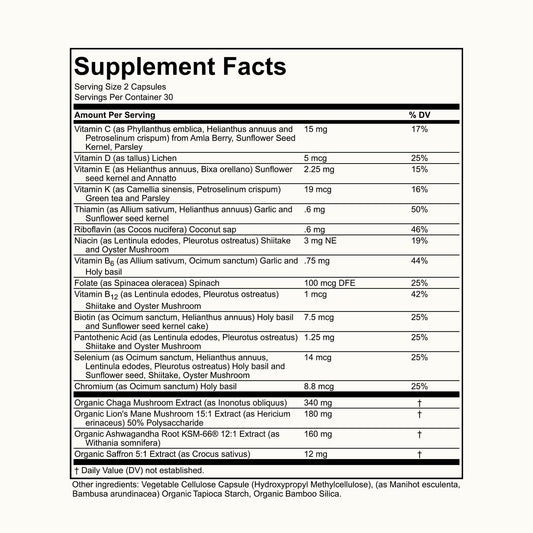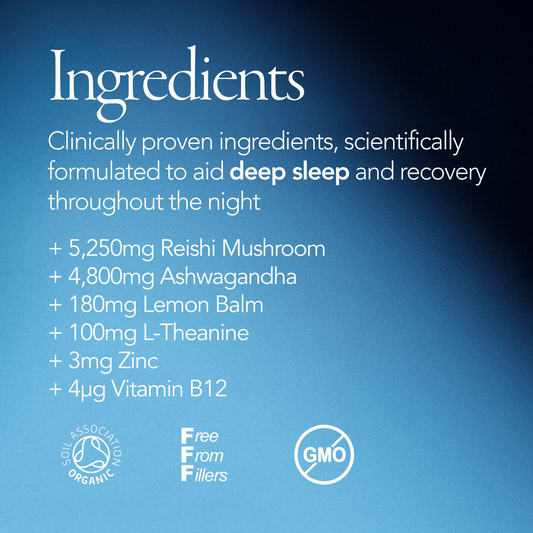
Andrew Huberman Debunked by a Neuroscientist
In recent years, Andrew Huberman has emerged as one of the most popular science communicators on the internet. With a blend of neuroscience, biology, and self-improvement advice, his podcast, "Huberman Lab," has gained millions of followers. Many of his followers praise him for his ability to make complex science more understandable and actionable.
However, not everyone is on board with his ideas. Some experts, including neuroscientists, have raised concerns about his claims.
One particular hit piece published by New York Magazine has sparked interest. Creating conversations in both the scientific community and the general public.
The article criticises some of Huberman's claims, alleging that he engages in cherry picking evidence and promoting pseudoscience. Let's dive deeper into this debate, exploring the arguments from both sides.
Who is Andrew Huberman?
Andrew Huberman is a neuroscientist and professor at Stanford University. He has an impressive academic background, specializing in brain function, neuroplasticity, and vision science. Over time, he has become a prominent figure in public discussions about health and neuroscience.
Huberman Lab
Huberman's podcast, "Huberman Lab," covers a wide range of topics. Covering everything from improving sleep and managing stress to cold exposure and dietary advice.
Converting Studies To Daily Habits
Many praise him for translating complex scientific studies into everyday language that anyone can understand. However, while he appeals to many people, his growing fame has attracted criticism from experts in various fields.
What Did the New York Magazine Piece Say?
It claims that Huberman’s advice is not as evidence-based as it seems. According to the article, Huberman is guilty of cherry picking scientific data to fit certain narratives. This approach, critics argue, undermines public trust in science and can even mislead his listeners.
Oversimplification
For example, Huberman has spoken on the dangers of processed food and its links to poor public health. While most experts agree that processed foods can be unhealthy, the article argues that Huberman sometimes oversimplifies the issue.
Downplaying Findings
The article points out that other factors—such as socioeconomic status and access to healthy food—are equally important. But, Huberman tends to downplay these aspects in his podcasts.
Cold Exposure
A controversial claim is on the effects of cold exposure on the immune system. Huberman has said that cold exposure can improve immunity. As well as potentially help reduce the symptoms of illnesses like the cold and flu. While some studies support this, critics argue that the research is inconclusive, and Huberman may be overstating the benefits.
Inhibiting Bone Growth and the Cold Exposure Debate
One of the most alarming claims Huberman has made relates to cold exposure and bone growth. According to Huberman, cold exposure could potentially inhibit bone growth in certain cases. This idea sparked a lot of debate with some listeners. Causing concern that popular wellness trends, like ice baths and cold showers, might come with hidden risks.
No Clear Conclusion
However, experts in the field of bone health argue that the research supporting Huberman’s statement is not strong enough. Therefore it is not possible to draw clear conclusions. Critics say the evidence is either weak or entirely based on animal studies, which don't always translate to humans. The New York Magazine article says making bold statements without solid backing could scare people from practices they find beneficial.
The Processed Food Debate
Huberman has also touched on the subject of processed foods. He often refers to them as a major driver of public health crises.
Robert Lustig
This aligns with the ideas of Robert Lustig. He is a well-known doctor who has been outspoken about the dangers of sugar and processed foods in the diet. Lustig’s ideas about sugar and obesity have been influential, but they are also controversial.
Processed Foods Impact on Health
Huberman and Lustig both argue that processed foods are linked to a range of health problems, including:
- Obesity
- Diabetes
- Metabolic syndrome.
However, critics argue that these discussions can oversimplify complex public health issues. According to the York Magazine piece, public health is not as simple as "eat less processed food and you’ll be healthy." There are many factors at play, including genetics, environment, socioeconomic status, and access to nutritious food.
Debate on Processed Foods
The article emphasizes that processed foods are undoubtedly a part of the problem. However, blaming them as the sole cause of public health crises ignores these other important factors.
Critics say this kind of message could be harmful. It implies people who suffer from obesity or other health conditions are solely responsible for their situation. In reality, the issue is far more nuanced.
Scientific Studies and Cherry Picking
There is a common critique of Andrew Huberman. One highlighted in the York Magazine article, his tendency to cherry pick scientific studies. In the world of science communication, it's crucial to present a balanced view. Especially when discussing topics that affect public health.
The article claims that Huberman sometimes presents findings that align with his viewpoints while ignoring studies that contradict them.
Avoiding Negatives
For instance, in his discussions on cold exposure, Huberman often highlights research that shows potential benefits. Such as improved circulation, fat burning, and mental clarity. However, the York Magazine article argues that he rarely mentions studies that show no significant benefits. Even the potential harms from excessive cold exposure.
Cherry Picking
This selective use of data or cherry picking, is a major concern when it comes to science communication. The public relies on experts like Huberman to give them accurate, balanced information. However, cherry-picking can lead to a distorted view of the evidence. This can cause people to believe certain practices are more beneficial—or more harmful—than they actually are.
Public Health and Responsibility
As a popular science communicator, Andrew Huberman has a responsibility to ensure that the information he shares is accurate. Providing evidence-based and balanced information. Public health is a sensitive issue, and spreading incomplete or misleading information can have real-world consequences.
For example, if someone believes that cold exposure can drastically reduce their chances of getting sick. If that person follows this they might forego other important health practices. Such as proper nutrition or vaccination.
Concerns With Health Influencers
Public health experts are especially concerned when influencers, like Huberman, offer advice that could potentially contradict official health guidelines. Huberman often encourages people to seek advice from their healthcare providers. However, his large following means that some people may take his advice without research or consultation with a doctor.
Single Practice Solution
The York Magazine piece suggests that Huberman’s podcast sometimes oversimplifies complex scientific findings. Leading listeners to believe that a single practice, like avoiding processed foods or taking cold showers, can solve all their health problems. In reality, maintaining good health is a combination of many factors. Including diet, exercise, sleep, mental health, and access to medical care.
The Podcast Episode Backlash
After the New York Magazine hit piece was published, Huberman responded in one of his podcast episodes. He defended his methods and pointed out that his podcast aims to provide actionable advice. Using the latest science, rather than offer medical diagnoses.
He Emphasises that his goal is to empower people to take control of their health using evidence-based practices. While also encouraging them to seek professional medical advice for more serious concerns.
Making Science More Accessible
Huberman's supporters argue that the criticisms against him are unfair. Explaining that he is simply trying to make science more accessible to the public. They appreciate the practical advice he offers, especially when it comes to topics like sleep, focus, and exercise.
His critics, on the other hand, argue that he needs to be more careful about how he presents scientific studies. Particularly when the research is still inconclusive.
Is the Criticism Fair?
So, is the criticism of Andrew Huberman fair? The answer depends on how you view his role as a science communicator. On one hand, Huberman has made complex topics easier to understand. Covering areas like neuroplasticity, sleep optimization, and brain health for a general audience.
His followers appreciate that he breaks down scientific studies. Covering them in a way that is easy to grasp and apply to everyday life.
Science communicator
The role of a science communicator is to present information that is both accurate and complete. When someone has a large platform, like Huberman, there is an even greater responsibility. It is important to ensure that the information shared is not just evidence-based but also contextually accurate.
Critics argue that Huberman occasionally falls short in this area by focusing too much on specific studies. Especially on studies that support his viewpoints while ignoring others that might present a different picture.
Conclusion
Andrew Huberman is one of the most popular science communicators today. His podcast has undoubtedly helped many people better understand their brain and body. However, as with any public figure, it's important to critically assess the information he presents.
The New York Magazine piece, and other criticisms, highlight the importance of balance and caution when discussing scientific studies. Especially when it comes to public health.
While Huberman offers a wealth of valuable insights. It’s essential to remember that no single podcast or piece of advice covers the full complexity of human health. As always, it is best to seek advice from a medical professional. Looking at various scientific evidence helps you make informed health decisions.





